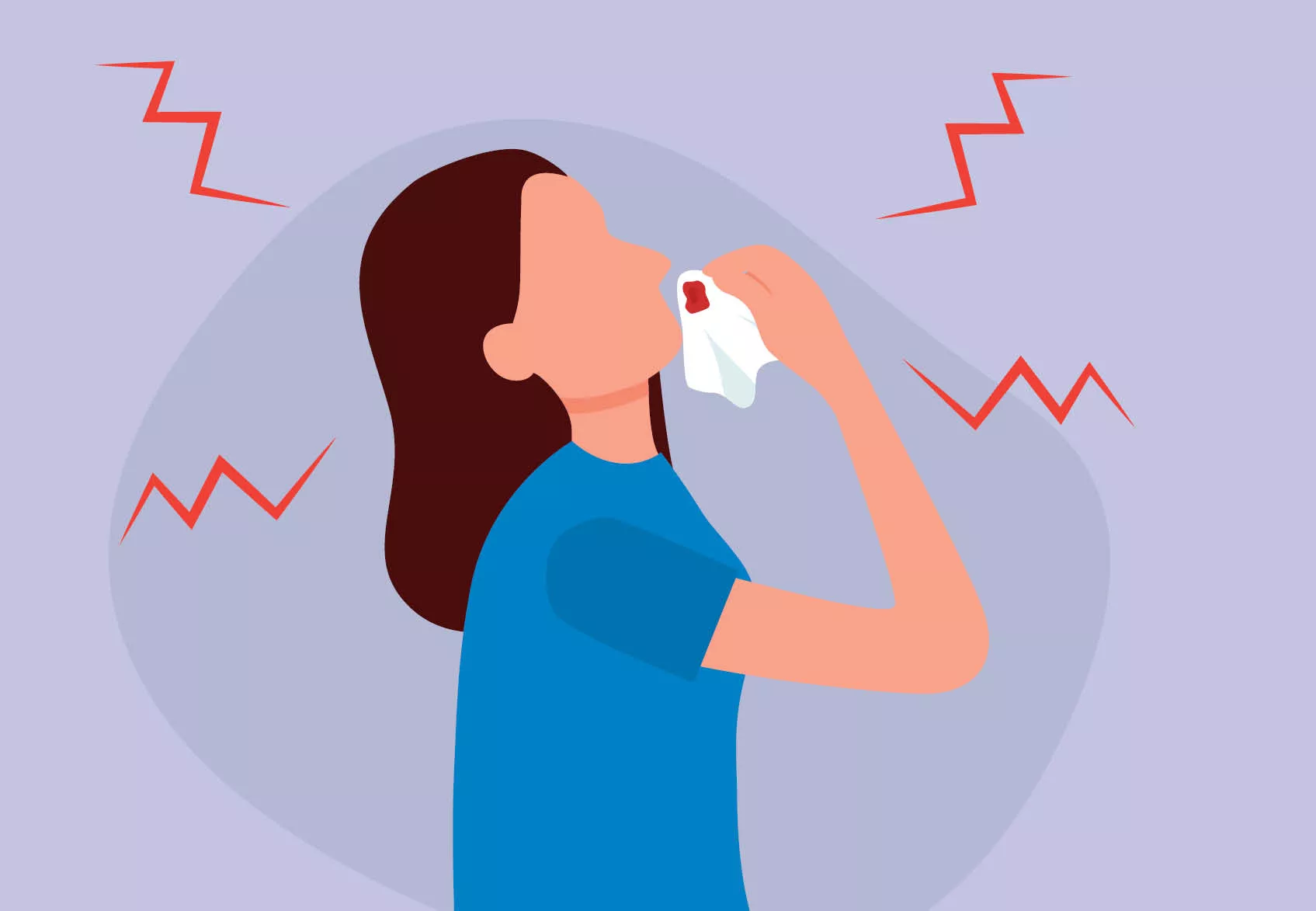mchec.org – Nosebleeds, also known as epistaxis, are a common occurrence that most people experience at some point in their lives. While often not serious, they can be alarming and disruptive. This article explores the common causes of nosebleeds and provides practical tips for prevention.
Common Causes of Nosebleeds
Nosebleeds can result from a variety of factors, ranging from environmental conditions to underlying health issues:
- Dry Air: The most common cause, especially during winter months when indoor heating reduces humidity, leading to dry nasal membranes.
- Nasal Irritation or Trauma: Includes frequent nose blowing, nose picking, or an injury to the nose.
- Allergies and Infections: Conditions like allergic rhinitis or sinusitis can cause inflammation and irritation, leading to nosebleeds.
- Medications: Blood thinners and certain nasal sprays can increase the likelihood of bleeding.
- Underlying Health Conditions: High blood pressure, clotting disorders, or hereditary conditions like Osler-Weber-Rendu syndrome.
Types of Nosebleeds
Nosebleeds are classified into two types based on their origin:
- Anterior Nosebleeds: Occur in the front part of the nose and are more common and usually less severe.
- Posterior Nosebleeds: Originate deeper in the nose and can be more serious, often requiring medical attention.
Prevention Tips
Preventing nosebleeds involves taking steps to protect and maintain the health of your nasal passages:
- Maintain Humidity: Use a humidifier at home, especially in dry environments, to keep nasal passages moist.
- Stay Hydrated: Drink plenty of fluids to help keep the mucus membranes hydrated.
- Use Saline Nasal Sprays: These can help moisturize the inside of the nose and prevent dryness.
- Avoid Nasal Irritants: Limit exposure to cigarette smoke and other irritants, and be gentle when blowing your nose.
- Protect Your Nose: Wear protective gear during activities that could lead to nasal injury.
When to Seek Medical Attention
While most nosebleeds are harmless, you should seek medical advice if:
- The bleeding lasts longer than 20 minutes.
- It occurs frequently without an apparent cause.
- It is accompanied by symptoms like dizziness or rapid heartbeat.
- There is a significant amount of blood loss.
Conclusion
Nosebleeds are a common, usually benign condition that can often be prevented with simple lifestyle changes and precautions. Understanding the causes and prevention strategies can help manage and reduce the occurrence of nosebleeds, ensuring better nasal health and comfort.

